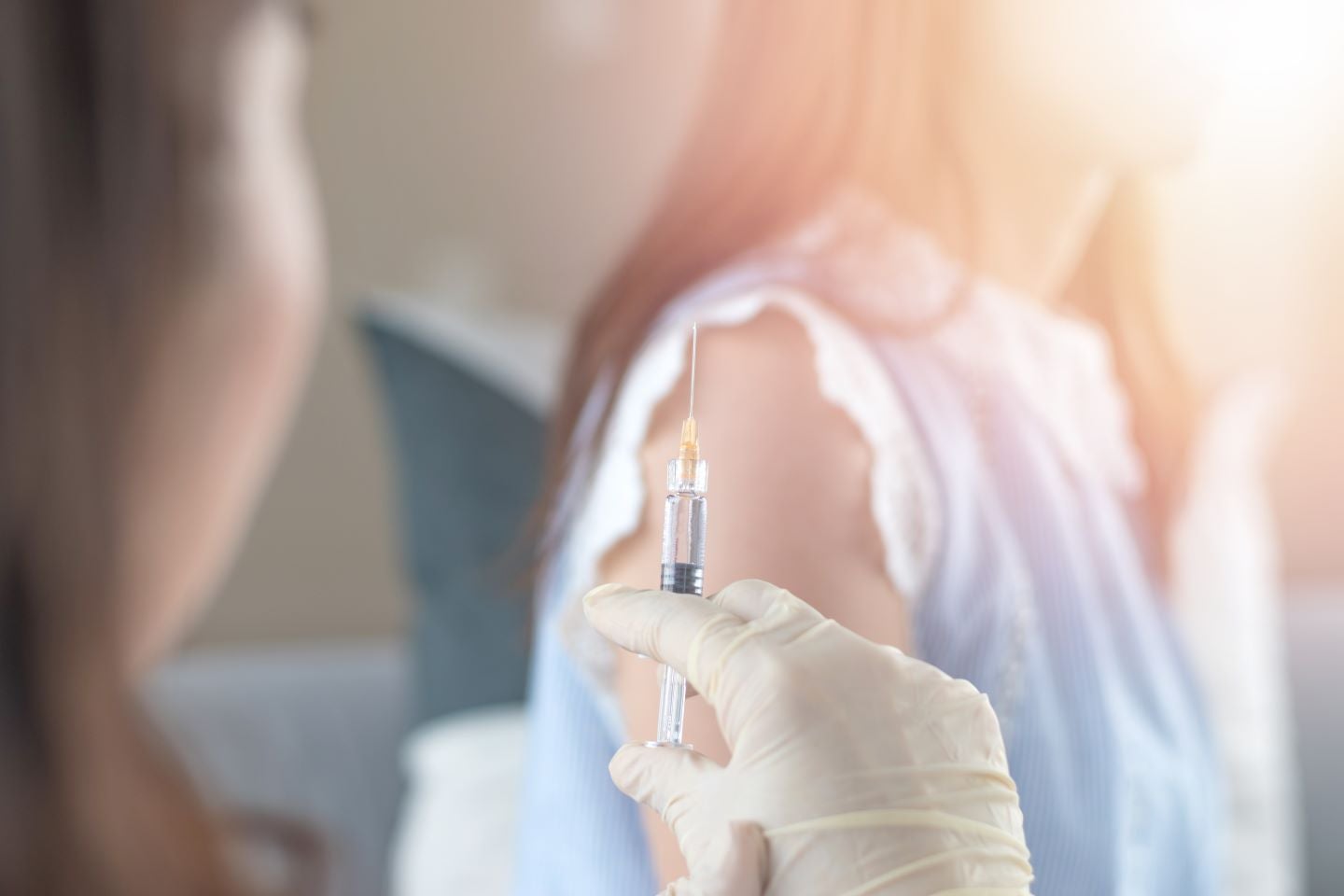World Immunization Week occurs annually during the last week of April. The campaign aims to highlight the collective action needed and to promote the use of vaccines in all age groups to prevent disease and protect life. The ultimate goal is to raise awareness of the importance of immunisation amongst the public, thereby increasing vaccination rates and reducing the number of vaccine-preventable illnesses and deaths.
Vaccinations have heavily reduced the burden of disease in society; the eradication of smallpox, as well as the vast reduction in polio cases, exemplifies the effectiveness of this strategy. Promoting immunisation, improving vaccination schedules, and developing new vaccines are all methods that will contribute towards the decrease in morbidity and mortality from vaccine-preventable illnesses. Global immunisation has been one of humanity’s greatest achievements, with 3.5–5 million deaths averted each year from diseases such as diphtheria, tetanus, pertussis, influenza, and measles, according to the World Health Organization (WHO). There are now vaccines available to prevent over 20 life-threatening diseases. In addition to this, novel mechanisms are expected to broaden the scope of available prophylactic vaccines in the near future. The success of the first approved mRNA vaccines for Covid-19 showed promise for utilisation of this technology in other disease areas. mRNA vaccines use messenger RNA (mRNA) that corresponds to a viral protein, such as a small piece of protein found on the outer membrane, to induce an immune response. However, while immunisation is one of the cheapest and most effective public health interventions, enabling the eradication of disease, vaccine hesitancy is still very much present. The Covid-19 mRNA vaccines sparked a lot of vaccine hesitancy with individuals wary about the accelerated R&D process. However, key opinion leaders (KOLs) interviewed by GlobalData have expressed that mRNA technology offers the advantage of rapid production and adaptability for evolving targets. They also emphasised the safety of this vaccine design.
The recent Covid-19 pandemic has emphasised the need for effective vaccines, improving vaccination access and acceptance, to protect the health, wellness, and security of the world population. Nonetheless, the Covid-19 pandemic led to a setback in vaccine administration, thereby resulting in regional outbreaks of diphtheria and measles. Therefore, as we celebrate 50 years of the WHO’s Expanded Programme on Immunization (EPI), a global endeavour to ensure equal access to life-saving vaccines for all children, we emphasise the need for leaderships worldwide to ramp up investments in immunisation programmes to protect the next generation. The theme of this year’s World Immunization Week—Humanly Possible—signifies that there is hope and possibility in achieving the goal of worldwide immunisation.
According to GlobalData, there are currently 507 prophylactic vaccines in late-stage development for a wide range of infectious diseases. Of these, 88 are mRNA vaccines in late-stage development for the prevention of diseases such as tuberculosis, malaria, influenza, Covid-19, respiratory syncytial virus (RSV), and Lyme disease, amongst others. New vaccines reaching the market increase the momentum for reducing vaccine-preventable illnesses. Vaccines also serve as the frontline defence against antimicrobial resistance (AMR). Making better use of existing vaccines and developing new ones are important ways to tackle AMR and reduce preventable illness and death.

US Tariffs are shifting - will you react or anticipate?
Don’t let policy changes catch you off guard. Stay proactive with real-time data and expert analysis.
By GlobalData





